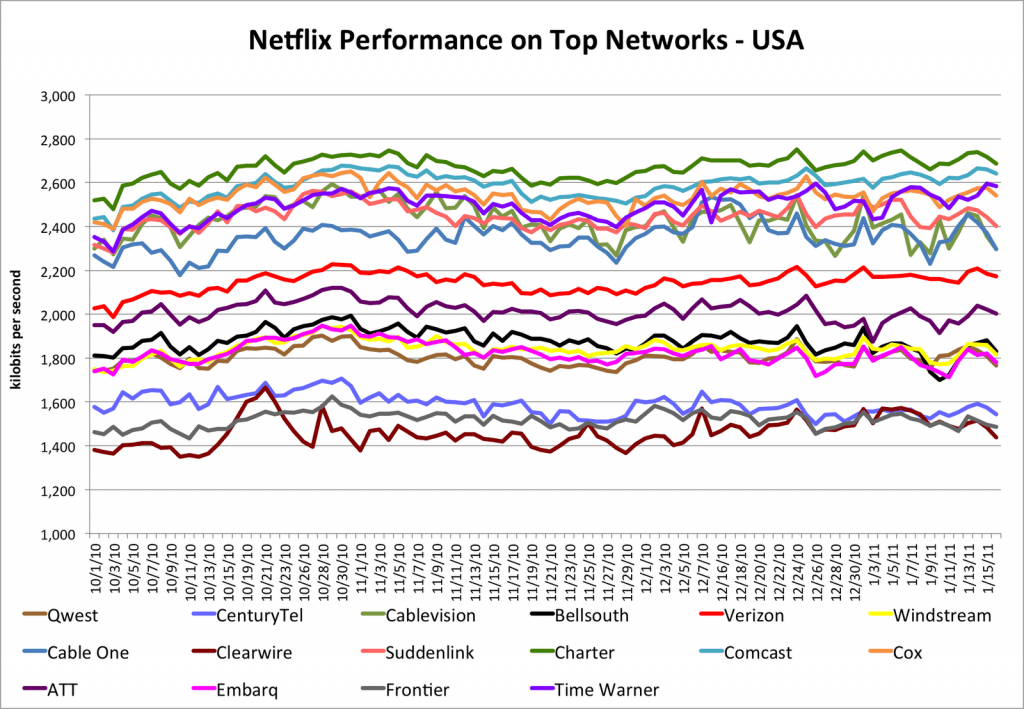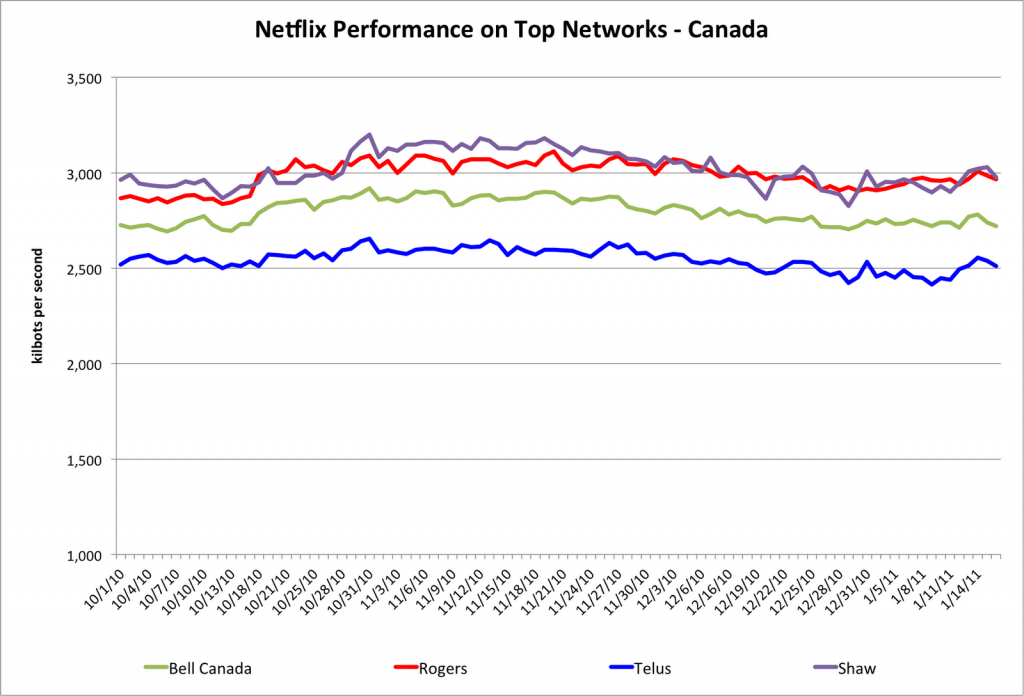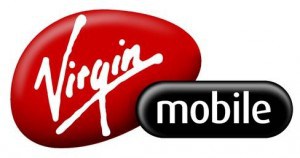 Despite claims from the Canadian Radio-television and Telecommunications Commission that it is reviewing its recent decision about usage-based billing on its own accord, the telecommunications regulator has bowed under government pressure to begin an immediate review of the Internet billing practice.
Despite claims from the Canadian Radio-television and Telecommunications Commission that it is reviewing its recent decision about usage-based billing on its own accord, the telecommunications regulator has bowed under government pressure to begin an immediate review of the Internet billing practice.
At issue is how Bell prices wholesale access to Internet bandwidth, utilized by most independent Internet Service Providers who resell that access to residential and business customers, often for a flat monthly rate.
The original CRTC decision would allow Bell to charge wholesale prices not based on annual contracts, but rather on the amount of usage consumed by their wholesale clients. The CRTC ordered Bell to discount its wholesale rates by 15 percent earlier this month, but that amount was too small to stop providers from canceling unlimited use service plans across Canada.
The decision sparked a public outcry. Hundreds of thousands signed a petition demanding the CRTC rescind its decision. In fact, so many signed it broke all-time records for a petition drive.
Industry Minister Tony Clement announced last week that if the CRTC didn’t reverse its decision, the government would. Despite an intransigent appearance before a Commons committee late last week, CRTC chair Konrad von Finckenstein has been moderating his position this week.
“The great concern expressed by Canadians over this issue is telling of how much the internet has become an integral part of their lives,” the chairman acknowledged in a statement issued yesterday.
The CRTC now says it is open to views from the public about Internet pricing as part of its review.
The commission will seek public comments until April 29 through an online form on:
- How to make sure ordinary consumers served by small ISPs don’t have to “fund the bandwidth used by the heaviest residential internet consumers.”
- How to ensure small ISPs offering “competitive alternatives” to large ISPs can continue to do so.
- Whether small ISPs should be required to buy a minimum amount of bandwidth per retail customer when purchasing network access wholesale from large ISPs, and, if so, what that minimum should be.
- Whether the CRTC should hold an online consultation as part of its review.
- Whether the CRTC should hold an oral public hearing as part of its review.
[flv width=”640″ height=”388″]http://www.phillipdampier.com/video/CBC CRTC Reviews UBB 2-8-11.flv[/flv]
CBC News reports the CRTC will review its earlier decision that eliminated flat-rate broadband plans in Canada. (2 minutes)


 Subscribe
Subscribe






